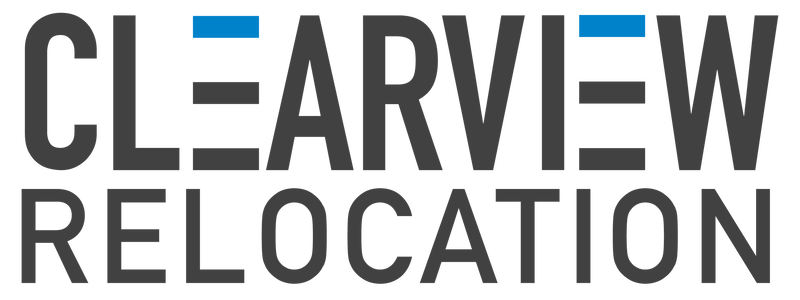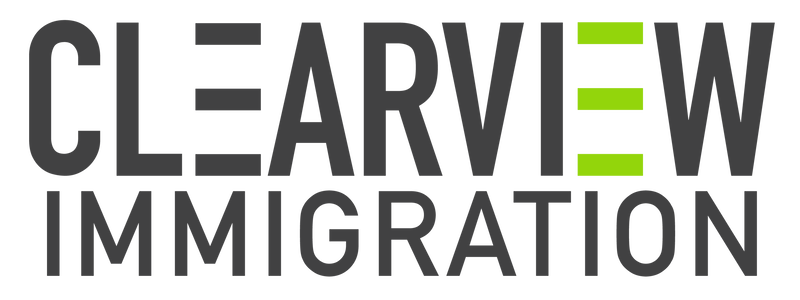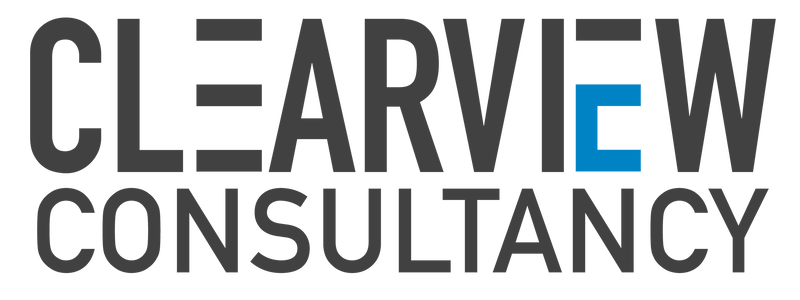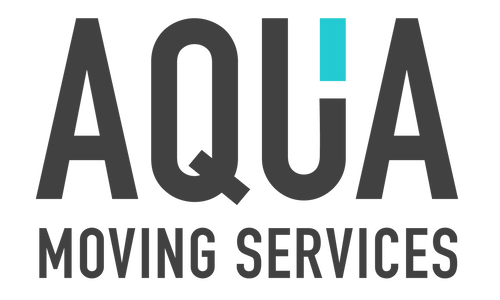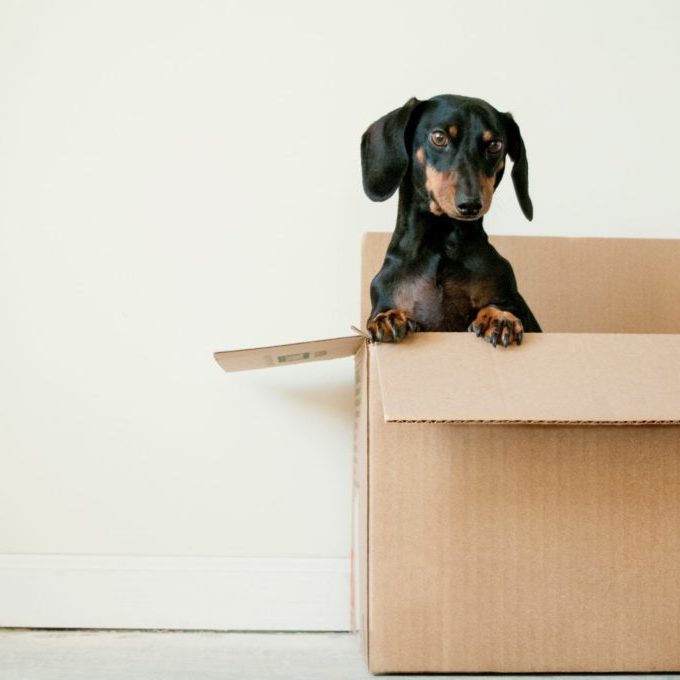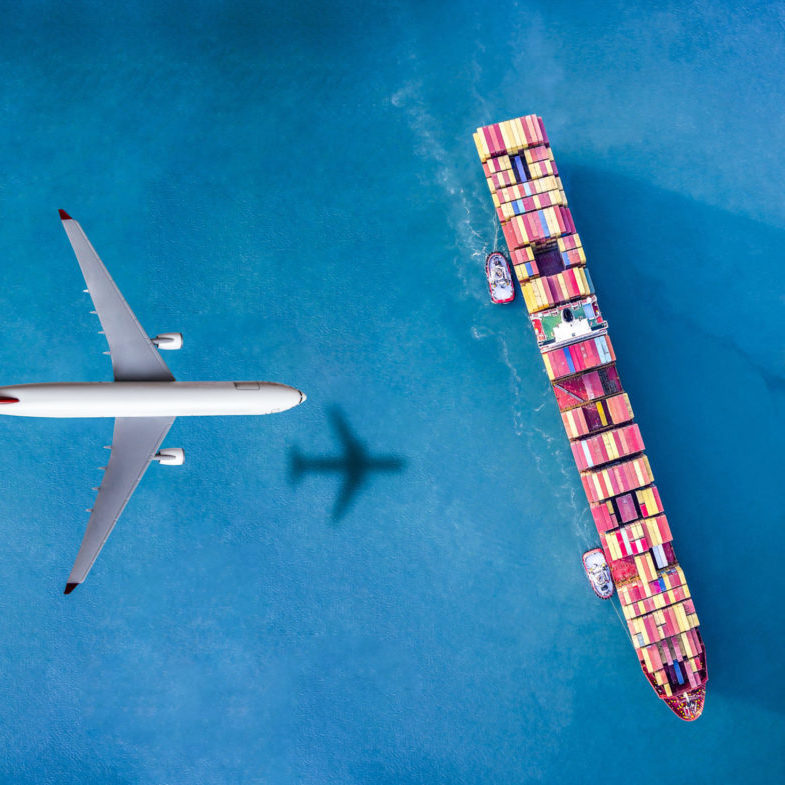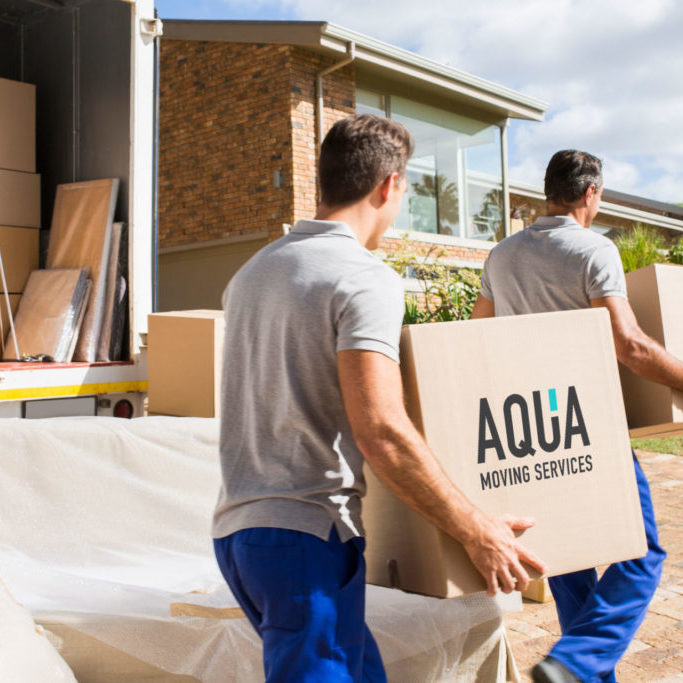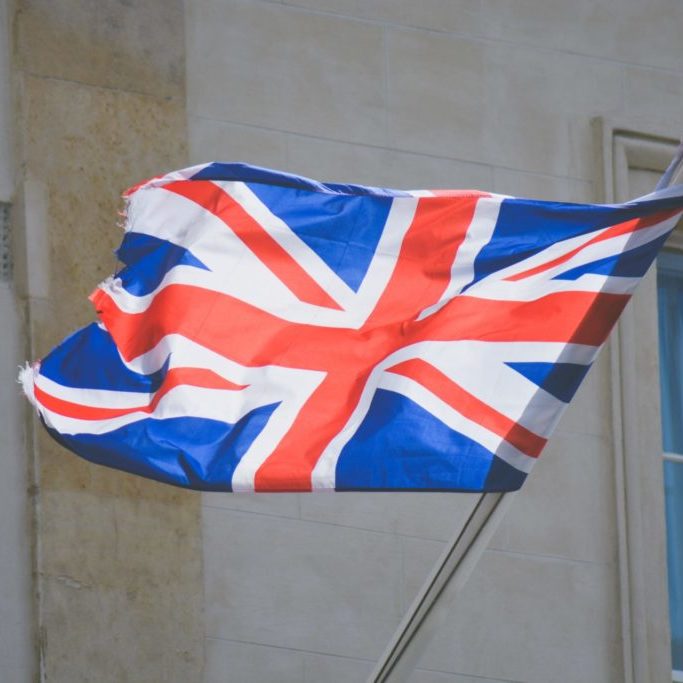Shipping to the Netherlands: Essential Customs Guidelines for new residents
Adhering to customs rules and regulations is essential when shipping your goods to the Netherlands to avoid legal or financial consequences. While many items can be imported into the country without any problems, the Netherlands has a list of restricted and prohibited items to protect its citizens, economy, and environment.
To help you navigate these regulations, we have written a helpful guide on what you can and can’t ship to the Netherlands. This guide covers everything you need to know to ensure your belongings arrive safely and legally.
For most people, shipping household effects to the Netherlands is a once-in-a-lifetime opportunity. Therefore, it is crucial to do your research before loading your belongings into their container. While this may seem daunting, a reliable shipping company like Aqua Moving Services can alleviate your worries. We ensure that your consignment fully complies with Dutch customs regulations and provide all the required information for a smooth shipment. This makes all the difference when your goods reach their destination and begin the customs clearance process.
To limit any bumps in the road, here’s everything you need to know about what you can and can’t ship to the Netherlands so you can plan ahead and focus on the more enjoyable parts of your move.
The Netherlands’ Prohibited and Restricted Items
The Netherlands has its own unique ecosystem and regulatory environment, which means customs regulations are understandably strict. Along with the obvious prohibited and restricted items, some items on the list might affect you. Non-compliant items in your consignment will be destroyed at your expense.
Below we have listed the Netherlands’ restricted and prohibited items. However, please note that this is not an exhaustive list. For more information, please contact us at: info@aquamovingservices.com
Restricted Items
The Netherlands’ restricted items may need to be declared, or there may be a maximum quantity you can import. Some restricted items have special requirements if they are considered a threat to the ecosystem.
Alcohol: If you are aged 18 years or older, you can bring in a maximum of 1 litre of spirits or liquors over 22% volume, or 2 litres of fortified wine (such as port or sherry) or sparkling wine, or 4 litres of still wine, and 16 litres of beer duty-free. If you bring in more than the duty-free allowance, you will be required to pay duty on all your alcohol, not just the excess. It is best to declare your alcoholic drinks as penalties may be charged if this is not done.
Animal Products: Items such as meat, dairy, and other animal products have strict regulations due to health and safety concerns. You need to ensure these items comply with EU regulations and have the necessary documentation.
Plants and Plant Products: Plants, seeds, and soil are subject to strict controls to prevent the introduction of pests and diseases. You will need phytosanitary certificates and other relevant documentation.
Medicines and Medical Devices: Prescription medicines must be accompanied by a prescription or a statement from your doctor. Certain over-the-counter medicines may also have restrictions.
Firearms and Ammunition: These items are heavily regulated. Importing firearms and ammunition requires a permit from the Dutch authorities, and strict compliance with safety and security regulations is mandatory.
Cultural Goods: Items of cultural, historical, or archaeological significance may require special permission to import. Ensure you have the necessary permits and documentation.
Prohibited Items
The Netherlands also has a list of prohibited items. Attempting to bring these items into the country could result in loss of goods, prosecution, and financial penalties.
Illegal Drugs: Any form of illegal narcotics and drugs are strictly prohibited. This includes marijuana, even though it is tolerated for personal use in small quantities within the country.
Weapons: Besides firearms, other weapons such as switchblades, butterfly knives, and brass knuckles are prohibited.
Endangered Species: Items made from or containing parts of endangered animals or plants, as per the CITES agreement, are banned.
Counterfeit Goods: Fake designer items, including clothing, accessories, electronics, and other counterfeit goods, are strictly prohibited.
Explosives and Hazardous Materials: Items such as fireworks, explosives, and certain hazardous chemicals are prohibited without special permits.
Special Attention Items
Items must be thoroughly cleaned to avoid contamination with animal or plant materials, insects, or soil. Pay special attention to:
- Outdoor children’s toys (e.g., pedal cars, pedal bikes, toy trucks)
- Outdoor furniture, pots, and statues
- Garden tools and equipment (e.g., lawn mowers, shovels, rakes)
- Footwear
- Motorbikes, push bikes, and quad bikes
- Sporting equipment
- Barbecues
- Camping equipment
The Dutch customs authority provides a detailed list of items requiring special attention.
Contact Us
Aqua Moving Services can provide all the support you need to send your belongings to the Netherlands. If you are ready to move, get in touch with us today!
? 01635 239044
